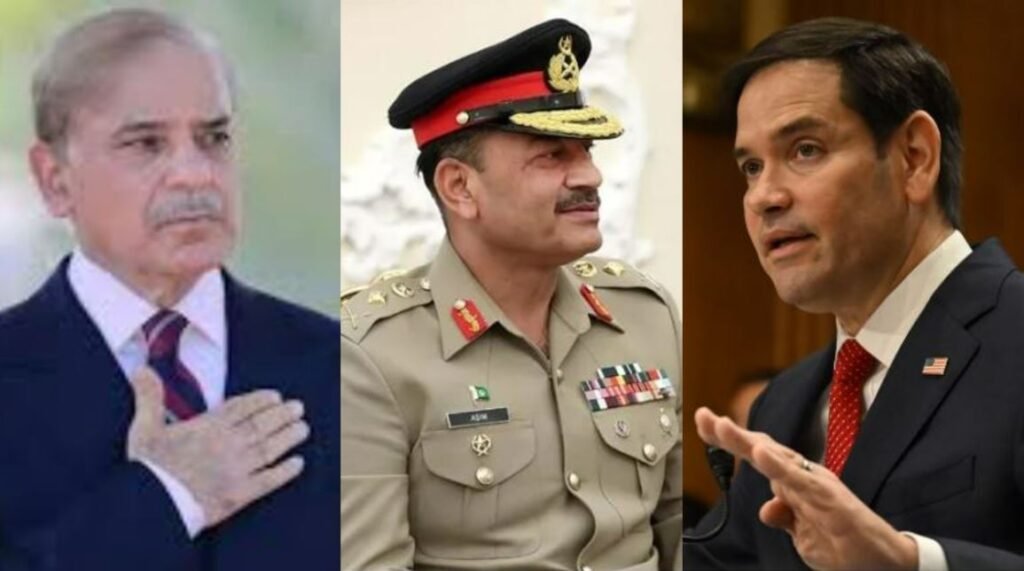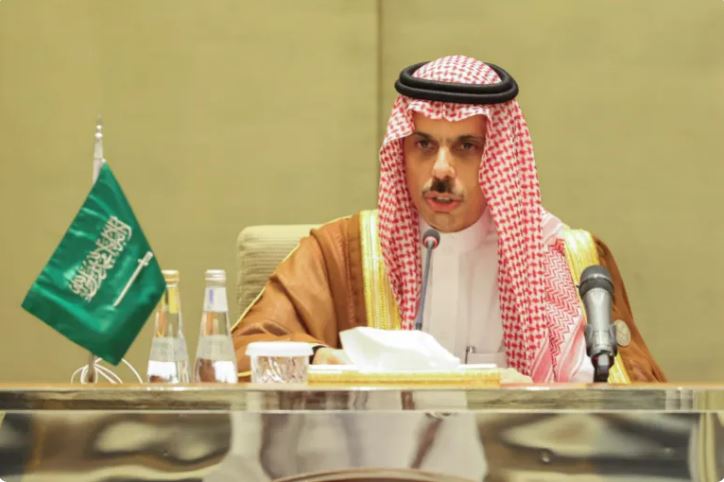The United States, China, and Saudi Arabia have
launched urgent diplomatic efforts to prevent
further escalation and restore regional stability
Web Desk

Islamabad/Washington/New Delhi: Amid rising military tensions between Pakistan and India, global powers including the United States, China, and Saudi Arabia have launched urgent diplomatic efforts to prevent further escalation and restore regional stability.
US Offers Mediation, Engages Top Leadership
US Secretary of State Marco Rubio has taken the lead in Washington’s efforts, speaking directly with Pakistan’s Chief of Army Staff General Asim Munir and later with Deputy Prime Minister and Foreign Minister Ishaq Dar.
“Secretary Rubio urged both parties to find ways to de-escalate and offered US assistance in starting constructive talks in order to avoid future conflicts,” State Department Spokesperson Tammy Bruce said.
Rubio also held a separate call with Indian External Affairs Minister Subrahmanyam Jaishankar. According to the State Department, he emphasized the need for both sides to re-establish communication channels to avoid miscalculation and offered US facilitation for talks.
While Jaishankar maintained that India’s approach “has always been measured and responsible,” Pakistan Information Minister Attaullah Tarar said there had been no direct contact between Indian and Pakistani officials so far. “We have engaged on diplomatic channels with different countries,” he told BBC.

Saudi Arabia, China Join Calls for Restraint
Saudi Foreign Minister Prince Faisal bin Farhan Al Saud has also reached out to both Indian and Pakistani counterparts, discussing ways to de-escalate tensions and halt military operations. The Saudi statement stressed its balanced ties with both nations and its commitment to regional peace.
China, through its foreign ministry, issued a strong appeal for calm. “We strongly call on both India and Pakistan to give priority to peace and stability… and avoid taking actions that further escalate tensions,” a spokesperson stated.
US Analysts See Diplomatic Moves as Pivotal
South Asia analyst Michael Kugelman termed the US outreach “the most consequential move the US has made since the crisis began,” particularly highlighting Rubio’s call with Gen Munir as a critical step toward potential dialogue.

Domestic Leadership in Pakistan Briefed
Prime Minister Shehbaz Sharif has briefed President Asif Ali Zardari and top political leaders, including opposition party heads, on the crisis. The president praised the armed forces’ “befitting response” to Indian strikes, while the prime minister reiterated Pakistan’s restraint and resolve.
“Shehbaz Sharif contacted the leadership of Pakistan’s political parties and took them into confidence about the ongoing situation,” PTV News reported, adding that leaders from PPP, PTI, JUI-F, MQM-P, JI, BAP, and PML-Q were consulted.
Defence Minister Warns of Broader Consequences
In a sobering interview, Defence Minister Khawaja Asif ruled out immediate nuclear escalation but warned, “This is not going to be confined to the region only; it could be much wider.” He added that no National Command Authority meeting had been called yet but acknowledged shrinking diplomatic space due to India’s provocations.
Precautionary Measures in Place
Meanwhile, the US mission in Pakistan has restricted all personnel movements due to the volatile security environment, according to the US Department of State’s Consular Affairs division.
As global pressure mounts and diplomatic channels intensify, the coming days are expected to be critical in determining whether South Asia’s nuclear-armed neighbors can step back from the brink.






















